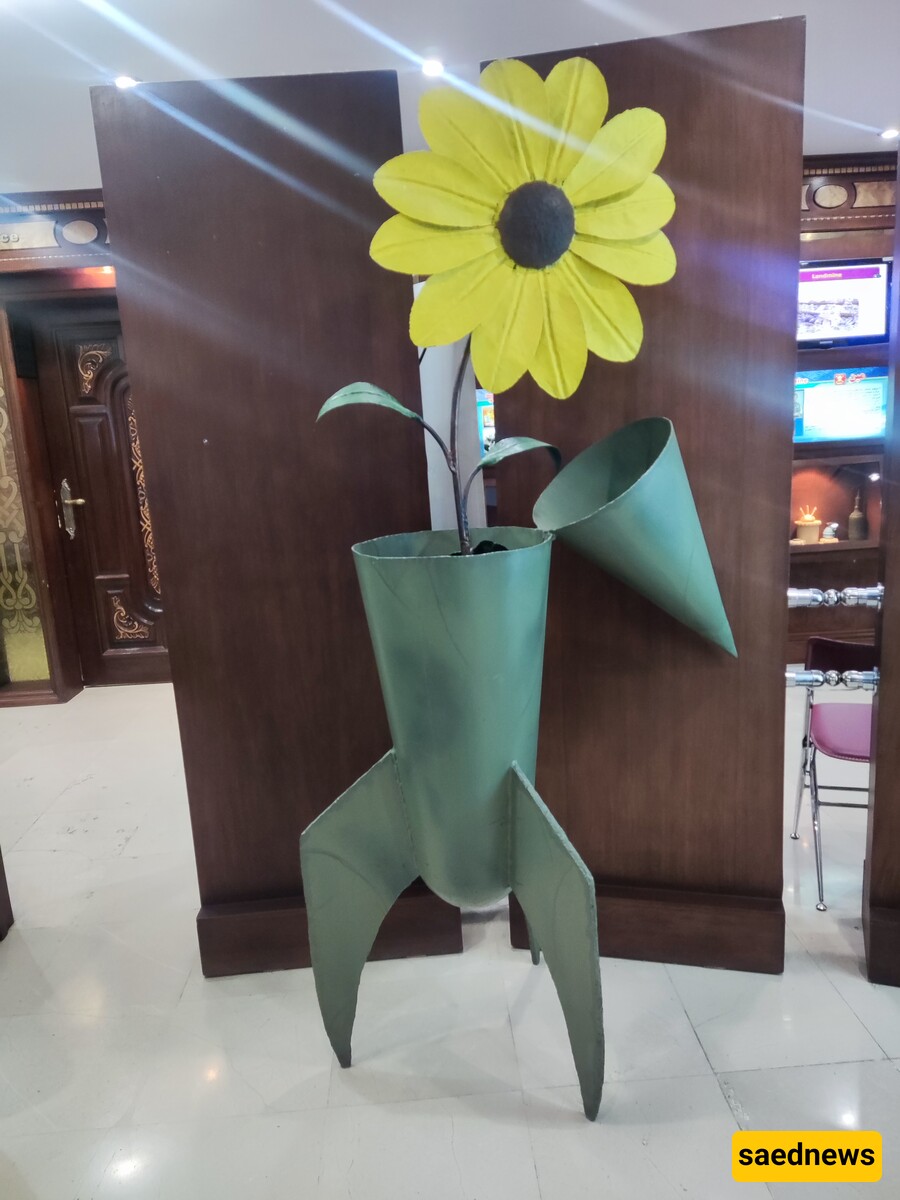SAEDNEWS: In today’s digital era, Iranian contemporary artists are expanding the limits of creativity by blending traditional Persian motifs with modern technology. This piece explores how digital platforms and global networks enable these artists to connect with wider audiences and explore innovative artistic frontiers.

According to SAEDNEWS: Iran has long been recognized for its rich cultural legacy, which includes complex Persian carpets and timeless miniature paintings. Today, Iranian contemporary artists are creating waves on the world arena, using digital tools and platforms to express themselves in novel ways.
This article investigates the emergence of Iranian contemporary art in the internet era, looking at the forces fueling the movement and the influence it is having on Iran's cultural environment.
Iranian art has always reflected its culture and history. Traditional Persian patterns, calligraphy, and architectural aspects continue to inspire modern painters. However, the digital era has enabled these traditions to grow, combining with modern forms to produce something altogether new.
Instagram and Twitter have become essential venues for Iranian artists to share their work with a worldwide audience. Artists such as Shirin Neshat use these channels to showcase their work, interact with fans, and connect with collectors and galleries all over the world.
Iranian artists may now participate in international shows without having to leave the country thanks to virtual reality (VR) and online galleries. This has democratized access to global art markets, increasing Iranian talent's prominence.
Many Iranian contemporary painters combine traditional elements with new notions. For example, works that mix Persian calligraphy with abstract digital designs establish a conversation between the ancient and the modern.
Iranian artists are no exception to the tradition of using art as a means of social criticism. They explore identity, gender, and cultural change through installations, digital art, and mixed media.
In response to global environmental difficulties, some Iranian artists utilize their work to emphasize themes such as climate change and water shortages, bringing these issues into the cultural conversation.

Parviz Tanavoli - Tanavoli, regarded as the pioneer of modern Iranian sculpture, bridges the gap between traditional and contemporary art, frequently including calligraphy and poetry in his works.
Shirazeh Houshiary - Houshiary uses painting and digital media to produce works that investigate spirituality and perception. Her work exemplifies the inventive spirit of Iranian artists.
While internet platforms enable independence, Iranian artists continue to confront problems such as censorship and limited access to overseas markets.
Iranian contemporary artists are gaining worldwide popularity, yet achieving widespread recognition necessitates ongoing work and engagement with international galleries and organizations.
Efforts are undertaken to develop modern art within Iran via government. The Iranian government, individual collectors, and educational programs are all working to promote modern art.

Iranian modern art thrives in the internet era, thanks to its artists' ingenuity and endurance. By combining history and modernity, these artists are reinventing the cultural narrative and inspiring future generations. As technology advances, the possibilities for Iranian modern art become endless. With global connectedness and a rich cultural past, Iranian artists are prepared to make an unforgettable impact on the world stage.

